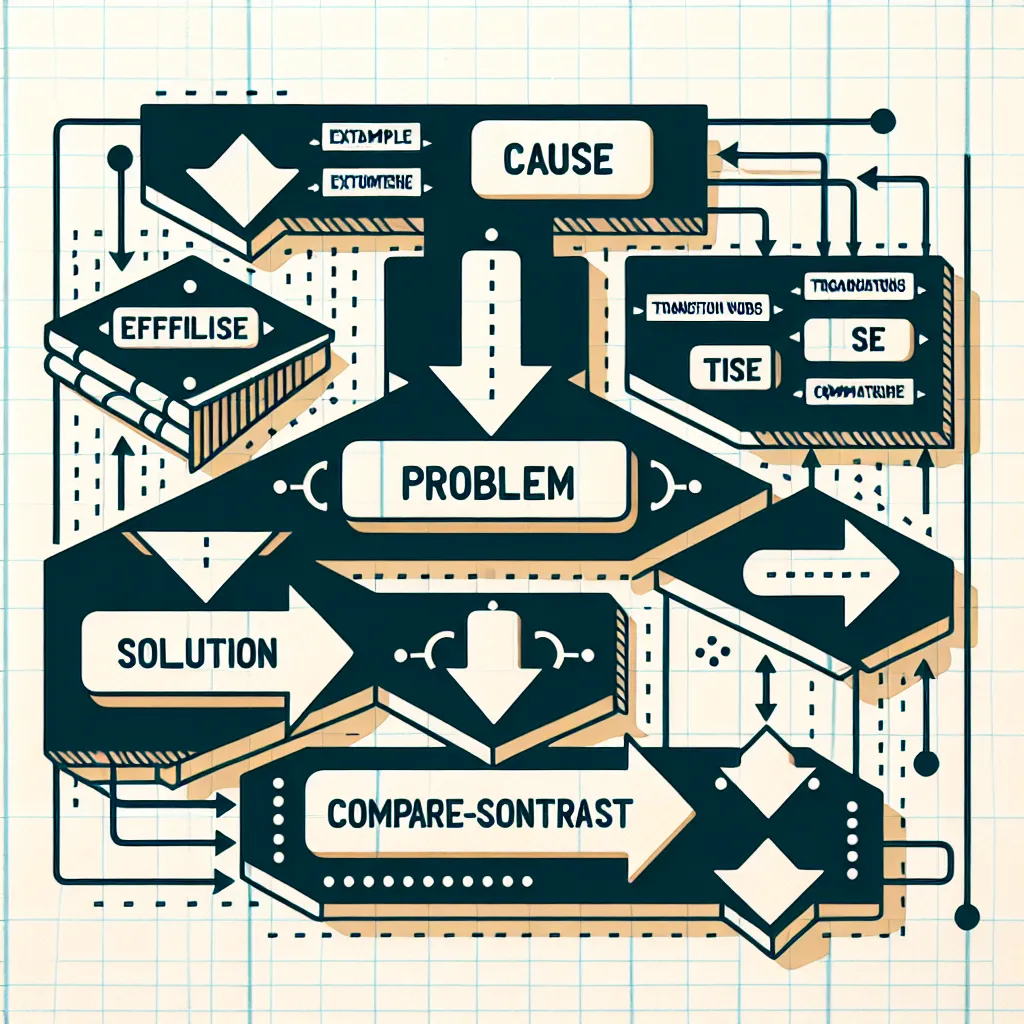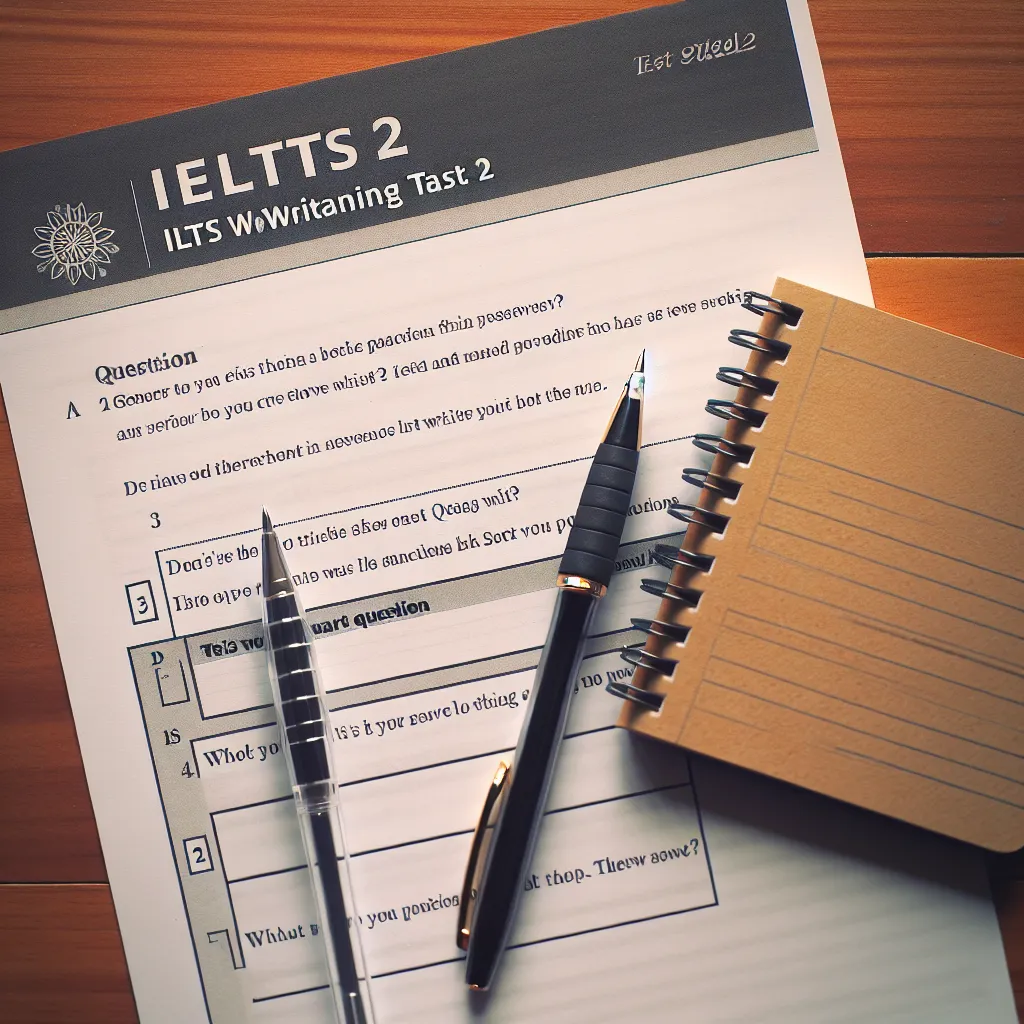The IELTS Reading section is a crucial component of the test, challenging candidates to demonstrate their English comprehension abilities within a time-constrained environment. To excel in this section, test-takers must develop and refine specific skills. This comprehensive guide will explore the essential skills required for success in the IELTS Reading section, providing valuable insights for both beginners and those looking to enhance their performance.
Understanding the IELTS Reading Section
Before diving into the key skills, it’s important to understand the structure and demands of the IELTS Reading section. This part of the test consists of three passages of increasing difficulty, with a total of 40 questions to be answered in 60 minutes. The texts cover a wide range of topics and are designed to test various aspects of reading comprehension.
 IELTS Reading Section Overview
IELTS Reading Section Overview
Key Skills for IELTS Reading Success
1. Skimming and Scanning
Skimming and scanning are fundamental techniques that allow you to navigate through texts efficiently and locate specific information quickly.
-
Skimming: This involves quickly reading through a passage to get a general idea of its content. Practice skimming by reading only the first and last sentences of each paragraph, as well as any headings or subheadings.
-
Scanning: This skill is used to find particular details or answers within the text. Train your eyes to move quickly over the text, searching for keywords or phrases related to the question at hand.
2. Time Management
With only 60 minutes to read three passages and answer 40 questions, effective time management is crucial. Here are some strategies to improve this skill:
- Allocate about 20 minutes per passage.
- Spend no more than 1-2 minutes on each question.
- If you’re stuck on a question, move on and return to it later if time permits.
- Practice with timed mock tests to improve your pacing.
3. Vocabulary Expansion
A broad vocabulary is essential for understanding complex texts. To enhance your lexical knowledge:
- Read widely across various topics and genres.
- Keep a vocabulary journal and review it regularly.
- Use context clues to guess the meanings of unfamiliar words.
- Study academic word lists and common IELTS vocabulary.
4. Understanding Different Question Types
The IELTS Reading section includes various question formats. Familiarize yourself with these types and practice specific strategies for each:
- Multiple choice
- True/False/Not Given
- Matching headings
- Sentence completion
- Summary completion
- Table/diagram completion
5. Identifying Main Ideas and Supporting Details
Develop the ability to distinguish between central themes and supporting information. This skill is crucial for questions that ask about the main idea of a paragraph or the author’s purpose.
- Practice summarizing paragraphs in one sentence.
- Identify topic sentences and understand how other sentences support them.
- Look for keywords and phrases that indicate importance or emphasis.
6. Inferencing and Deduction
Many IELTS Reading questions require you to read between the lines and draw conclusions based on the information provided.
- Look for clues and evidence within the text to support your inferences.
- Practice making logical deductions from given information.
- Be cautious not to over-interpret or make assumptions beyond what the text implies.
7. Understanding Text Organization
Recognizing the structure and organization of different text types can help you navigate passages more effectively.
- Identify common text structures (e.g., cause-effect, problem-solution, compare-contrast).
- Pay attention to transition words and phrases that indicate relationships between ideas.
- Understand the function of different paragraph types (introductory, body, concluding).
 Text Organization Skills
Text Organization Skills
8. Paraphrasing and Synonym Recognition
The IELTS often rephrases information from the passage in questions or answer options. Developing your paraphrasing skills and synonym knowledge is essential.
- Practice restating sentences in your own words without changing the meaning.
- Build your synonym bank by learning word families and collocations.
- Be aware that the exam may use synonyms or paraphrases of words from the text in questions.
9. Critical Reading
Develop a critical approach to reading by:
- Questioning the author’s purpose and intended audience.
- Evaluating the strength of arguments and evidence presented.
- Distinguishing between facts and opinions.
- Recognizing bias and tone in the writing.
10. Concentration and Focus
Maintaining concentration throughout the 60-minute section is crucial. Improve your focus by:
- Practicing mindfulness and meditation techniques.
- Creating a distraction-free study environment.
- Taking short, timed breaks during practice sessions to simulate exam conditions.
- Improving your physical stamina through regular exercise and proper sleep habits.
Important Considerations
- Always read the instructions carefully for each question type.
- Transfer your answers to the answer sheet accurately and within the given time.
- Don’t spend too much time on difficult questions; move on and return if time allows.
- Practice with authentic IELTS materials to familiarize yourself with the exam format and difficulty level.
Next Steps
To improve your IELTS Reading skills:
- Take a diagnostic test to identify your strengths and weaknesses.
- Create a study plan focusing on your areas for improvement.
- Practice regularly with timed exercises and full-length practice tests.
- Seek feedback from experienced IELTS tutors or join study groups for peer review.
- Analyze your mistakes and learn from them to avoid repeating errors.
By focusing on these key skills and practicing consistently, you can significantly improve your performance in the IELTS Reading section. Remember, success in IELTS Reading is not just about English proficiency but also about mastering the specific techniques required for this unique exam format. Stay motivated, track your progress, and celebrate your improvements along the way. Good luck with your IELTS preparation!
[internal_links]




